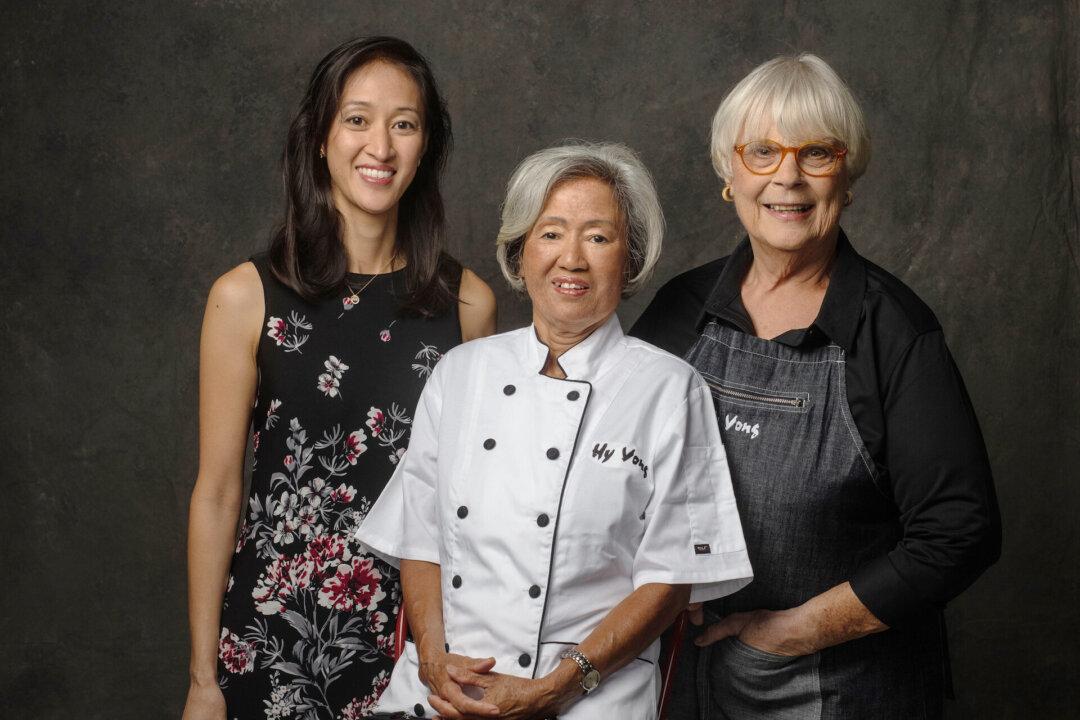Katherine Manning was a graduate student when she began taking in refugees. She had a degree in sociology, but left a career in social work due to dissatisfaction with what she saw as the government’s wasteful habits. An Iowa-born Miami transplant, she had hosted Vietnamese friends in her Miami home before, but in 1975, when she saw on TV the plight of refugees fleeing Vietnam after the fall of Saigon, she was moved to take action.
“I didn’t know the culture,” Manning said. “I didn’t know the class makeup. I learned it all on the job.” She hosted 14 refugees in her home over the years, but her connection with one of them—Tung Nguyen—was special.





